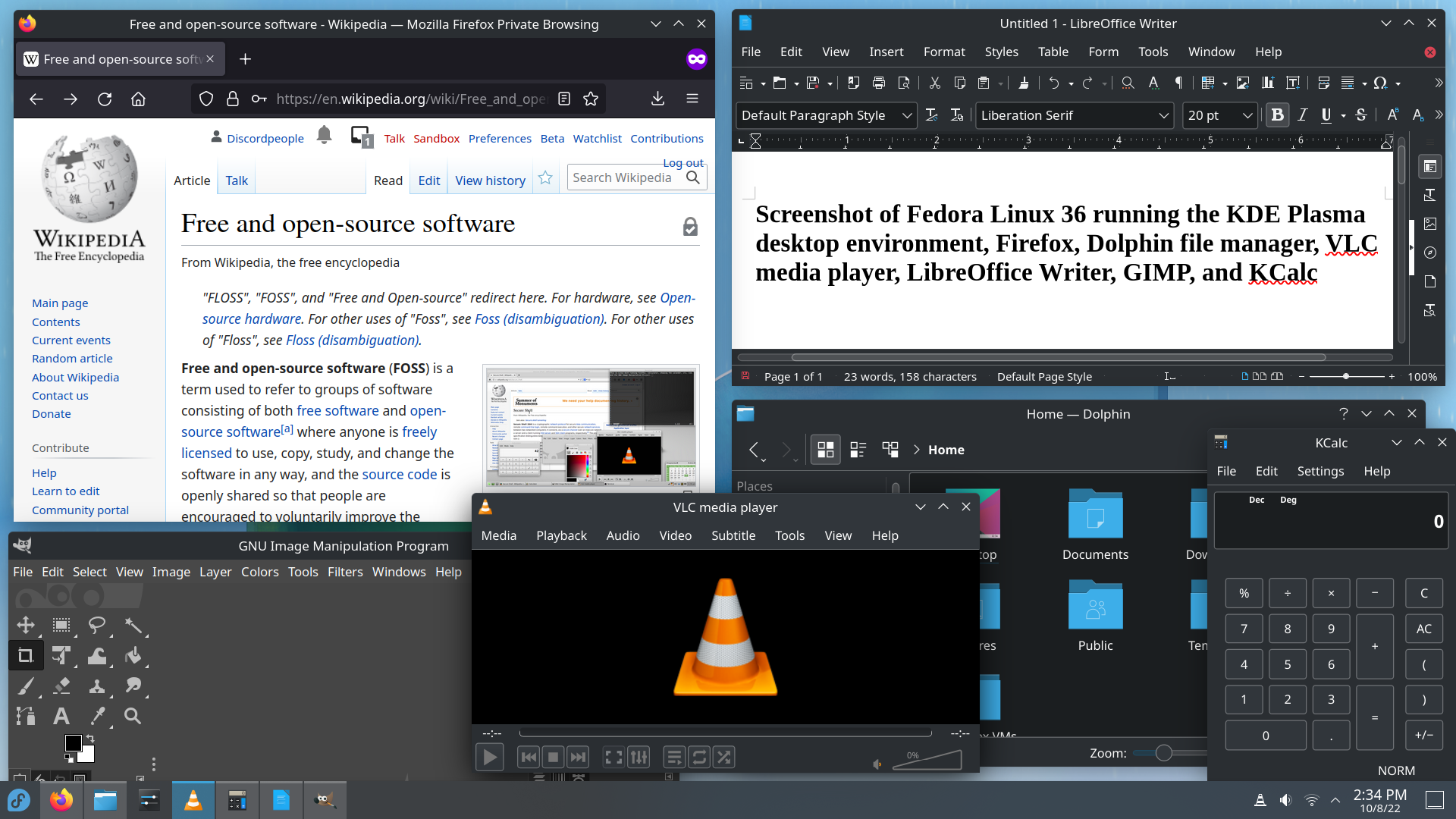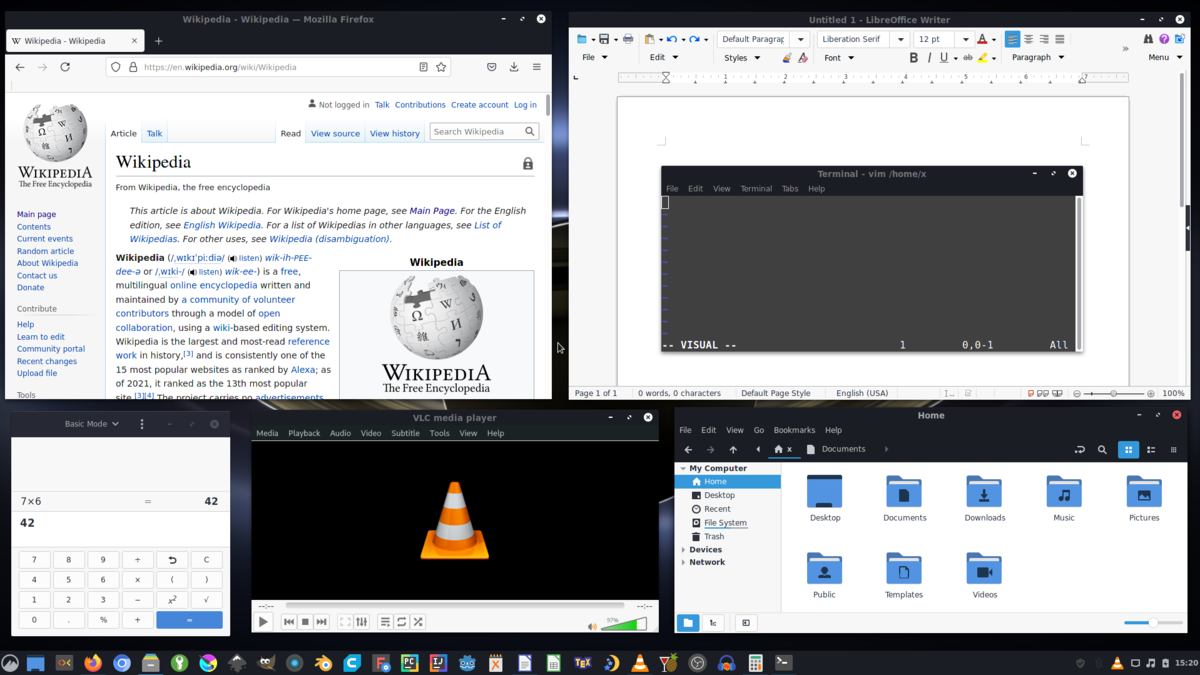Torrent downloads can be frustratingly slow or may not start altogether, leaving users puzzled and seeking solutions. Through my personal experience and research, I have identified common reasons why torrents may not be downloading as expected.
Switch to a Reliable VPN Provider
If your torrent is not downloading, it may be due to a variety of reasons. One common issue is network congestion, which can slow down your download speeds. To overcome this, consider switching to a reliable VPN provider like NordVPN or Surfshark. A VPN creates a secure connection between your computer and the internet, allowing you to bypass any bandwidth throttling imposed by your internet service provider. It also hides your IP address, making it difficult for anyone to track your online activities.
To switch to a VPN provider, follow these steps:
1. Choose a reputable VPN provider like NordVPN or Surfshark.
2. Download and install their software onto your computer.
3. Launch the VPN software and log in using your credentials.
4. Select a server location from the available options.
5. Once connected, your internet traffic will be encrypted and routed through the VPN server, ensuring a secure and private connection.
Keep in mind that using a VPN may affect your download speeds, as your traffic is being routed through an additional server. However, the added security and privacy benefits are worth it for many users.
If you’re still experiencing issues with your torrent download, consider checking your antivirus software and firewall settings. Some antivirus programs, such as Microsoft Defender Antivirus, may mistakenly flag torrent files as malicious and prevent them from downloading. To resolve this, add an exception for your torrent client in your antivirus software and disable any firewall rules that may be blocking the torrent traffic.
Adjust Your Torrent Client’s Preferences
Adjusting your torrent client’s preferences can help resolve issues when your torrent is not downloading. Here are some steps you can take to optimize your settings and improve your download speed:
1. **Choose a reliable torrent client**: Popular options include BitTorrent and ?Torrent, which offer user-friendly interfaces and advanced features.
2. **Check your internet connection**: Ensure that your computer is connected to a stable and high-speed internet connection. Network congestion or a poor connection can hinder your download progress.
3. **Configure your firewall and antivirus**: Make sure that your firewall, such as Windows Firewall, is not blocking your torrent client’s access to the internet. Similarly, check that your antivirus software, like Microsoft Defender Antivirus, is not mistakenly flagging torrent files as threats.
4. **Adjust bandwidth settings**: In your torrent client’s preferences, you can allocate more bandwidth to your downloads. Increase the maximum upload and download speeds to maximize your download rate. However, be mindful not to overwhelm your internet connection and affect other activities.
5. **Enable port forwarding**: Port forwarding allows your torrent client to communicate more effectively with other peers. Consult your torrent client’s documentation or search online for specific instructions on how to enable port forwarding.
6. **Consider using a virtual private network (VPN)**: VPNs can enhance privacy and bypass restrictions imposed by your internet service provider (ISP). They can also help resolve issues related to blocked or throttled torrent traffic.
7. **Verify your torrent file**: If the torrent is not downloading at all, ensure that you have a healthy torrent file. Check the file’s availability and seed/peer ratio on reputable torrent tracker websites or communities like Reddit.
8. **Restart your torrent client**: Sometimes, simply restarting your torrent client can resolve temporary issues or errors.
Remember, each torrent client may have slightly different settings and options. Explore your client’s preferences and experiment with different configurations to find the best setup for your needs.
Check and Modify Firewall or Antivirus Settings
To check and modify your firewall or antivirus settings for better torrent downloading:
1. Open your computer’s Control Panel (Windows) or System Preferences (Mac).
2. Look for the Firewall or Security settings.
3. Disable the firewall or antivirus temporarily to see if it affects your torrent download speed.
4. If your download speed improves, add an exception or allow your torrent client through the firewall or antivirus.
5. To add an exception, go to the Firewall or Security settings and find the option to add or allow programs.
6. Locate your torrent client (such as BitTorrent or ?Torrent) in the list of programs and check the box to allow it.
7. Save the changes and enable the firewall or antivirus again.
8. If you’re using Windows Firewall, you can also try resetting it to its default settings if the above steps don’t work.
9. Restart your computer and try downloading the torrent again to check if the speed has improved.
10. If you’re using a VPN (Virtual Private Network), make sure it’s not causing any conflicts with your firewall or antivirus.
11. Consider updating your firewall or antivirus software to the latest version, as outdated versions may have compatibility issues with torrent clients.
12. If you’re still experiencing issues, check the settings of your torrent client for any bandwidth throttling options and disable them if necessary.
13. Keep in mind that some ISPs (Internet Service Providers) may purposely throttle or limit torrent traffic. If this is the case, using a VPN or changing ISPs may help.
14. It’s also possible that the torrent file you’re trying to download doesn’t have enough seeders or is no longer available. Try downloading a different torrent to see if the issue persists.
Explore Different Torrent Sites or Files
- Check your internet connection: Ensure that you have a stable and reliable internet connection.
- Try a different torrent site: Experiment with various torrent sites to find one that works best for you.
- Look for a healthy torrent: Find torrents with a higher number of seeders and leechers to increase the chances of a successful download.
- Use a reliable torrent client: Make sure you are using a trusted and up-to-date torrent client to manage your downloads.
- Disable your firewall or antivirus: Temporarily turn off any security software that might be interfering with your torrent downloads.
- Check your torrent settings: Adjust the settings in your torrent client to optimize download speed and performance.
- Try downloading a different file: Test if the issue is specific to a particular torrent file by downloading a different one.
- Clear your cache: Delete temporary files and clear your browser cache to eliminate any potential conflicts.
- Restart your computer: Sometimes a simple restart can resolve temporary issues affecting your torrent downloads.
- Consider using a VPN: Use a virtual private network (VPN) to protect your privacy and potentially bypass any network restrictions.
Address Network Restrictions and Compatibility
If your torrent is not downloading, it could be due to network restrictions or compatibility issues. Here are some steps you can take to address these problems:
1. Check your network settings: Ensure that your computer is connected to a stable internet connection. If you are using a Wi-Fi network, try switching to a wired connection for better stability.
2. Disable any VPN or proxy: Virtual Private Networks (VPNs) and proxies can sometimes interfere with torrent downloads. Disable them temporarily and see if it improves the download speed.
3. Check firewall settings: Firewalls can block torrent connections. Make sure that your firewall is not blocking the torrent client or the ports used by the BitTorrent protocol. You can do this by adding an exception for your torrent client in the firewall settings.
4. Check for IP address conflicts: If multiple devices on your network have the same IP address, it can cause issues with torrent downloads. Make sure that each device has a unique IP address.
5. Update your torrent client: If you are using ?Torrent or any other BitTorrent client, make sure you have the latest version installed. Updates often include bug fixes and performance improvements.
6. Restart your router: Sometimes, network issues can be resolved by simply restarting your router. Unplug it from the power source, wait for a few seconds, and then plug it back in.
7. Test on a different network: If possible, try downloading the torrent on a different network, such as a friend’s house or a public Wi-Fi hotspot. This will help you determine if the issue is specific to your network.
Remember, it’s important to respect the terms of service and not download copyrighted material illegally. Always use torrents responsibly and within the boundaries of the law.
If you have tried these steps and are still experiencing issues, it may be helpful to seek assistance from online forums or communities like Reddit, where users can provide specific troubleshooting advice for your situation.
Investigate and Remove Problematic Trackers
If you’re experiencing issues with your torrent not downloading, it’s possible that there are problematic trackers causing the problem. To investigate and remove these trackers, follow these steps:
1. Open your torrent client, such as ?Torrent or BitTorrent, on your computer.
2. Navigate to the specific torrent that is not downloading and right-click on it to access the context menu.
3. Look for an option that says “Properties” or “Trackers.” Click on it to open the tracker settings for that torrent.
4. In the tracker settings, you will see a list of URLs or IP addresses. These are the trackers that your torrent client uses to connect to peers and download the file.
5. Carefully review the list of trackers and identify any that seem problematic or suspicious. These could be trackers that are no longer active or ones that are known to cause issues.
6. To remove a problematic tracker, simply select it from the list and click on the “Remove” or “Delete” button.
7. Once you have removed the problematic trackers, click on the “OK” or “Apply” button to save the changes.
8. Restart your torrent client and try downloading the torrent again. It should now connect to different trackers and hopefully start downloading properly.
Remember, removing trackers is just one troubleshooting step, and there could be other reasons why your torrent is not downloading. If the issue persists, you may need to further investigate your computer’s network settings, firewall, or even try a different torrent client.
Note: The instructions provided here are specifically for Windows users. If you’re using a different operating system, the steps may vary slightly.
Experiment with Torrent Client Alternatives
![]()
| Torrent Client | Pros | Cons |
|---|---|---|
| uTorrent |
|
|
| qBittorrent |
|
|
| Deluge |
|
|
FAQ
Why torrent is not downloading fast?
Torrents may not be downloading fast due to a slow internet connection. It is recommended to contact your ISP or consider upgrading your plan. If using a VPN, try switching to a different network/location to check if it improves the download speed.
Why can’t I download UTorrent anymore?
You may not be able to download uTorrent anymore due to various reasons such as an unstable or down internet connection, being in a region where uTorrent is blocked, or interference from Windows Defender or antivirus software.
Why is my torrent download stuck at 0?
Your torrent download may be stuck at 0 due to antivirus software blocking the app’s internet access. Try adding an exception or temporarily disabling the antivirus. Additionally, turning off any VPN or Proxy connections could also help resolve the issue.
Why is my UTorrent not downloading anything?
Your UTorrent may not be downloading anything because your VPN or Firewall might be blocking its ability to access the internet. To fix this, you should check your VPN or Firewall settings and make sure that UTorrent is granted permission to connect to the internet. Additionally, port forwarding can help redirect communication requests and potentially improve UTorrent’s performance.



